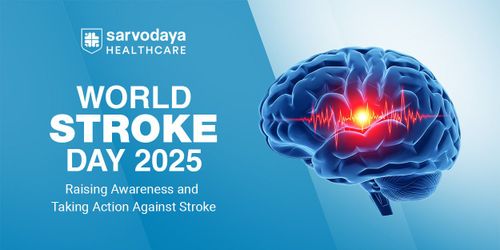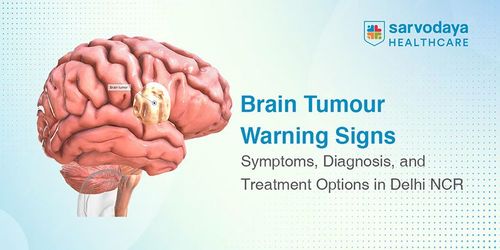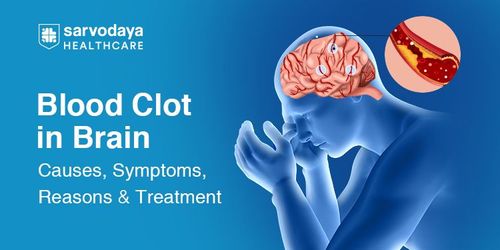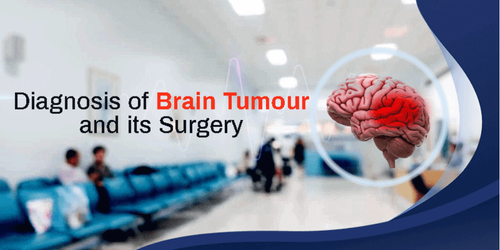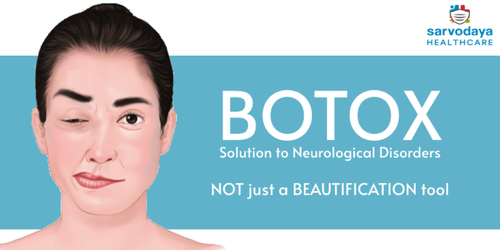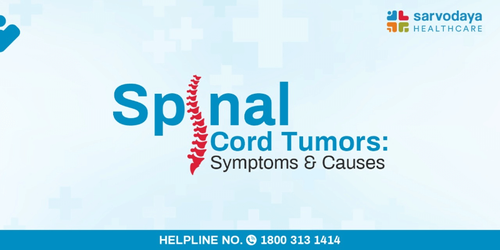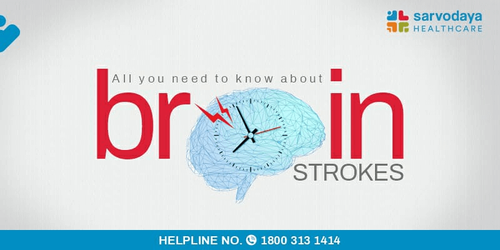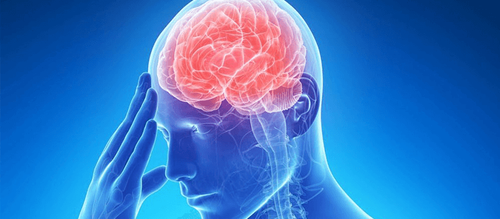Living with a migraine headache can be both physically and emotionally exhausting. Migraines are not just severe headaches; they are complex neurological conditions that affect how a person works, sleeps, socialises, and even maintains relationships. For many people, the recurring pain, nausea, and sensitivity to light and sound can create a constant sense of disruption, leading to a poor quality of life.
In this blog, we will explore the key aspects of headache and migraine treatment, starting with an understanding of what a migraine is, what causes it, and how effective treatments and lifestyle changes can provide long-lasting relief.
Understanding Migraine Headache
A migraine headache is a neurological disorder that goes far beyond ordinary head pain. Unlike a common headache, it is usually more intense, lasts longer, and is often accompanied by additional symptoms that interfere with daily functioning.
Migraines typically progress through different stages, though not every individual experiences them all. These include:
- Prodrome: Subtle changes such as mood swings, food cravings, or fatigue before the attack begins.
- Aura: Visual disturbances, tingling sensations, or difficulty speaking in some cases.
- Attack Phase: Severe throbbing or pulsating head pain, often on one side, along with nausea, vomiting, and heightened sensitivity to light and sound.
- Postdrome: Fatigue, difficulty concentrating, and general exhaustion after the pain subsides.
Read More- When is it not normal to have a Headache?
Causes and Triggers of Migraine
The exact cause of a migraine headache is still being researched, but experts believe it is linked to changes in brain activity and nerve signalling. Genetics plays a major role, meaning if migraines run in your family, you may be more likely to experience them. Hormonal changes, especially in women, also significantly influence migraine patterns.
Some of the most common triggers include:
- Stress: High-stress levels can lead to changes in brain chemicals that trigger migraines.
- Lack of Sleep: Poor or irregular sleep schedules often increase migraine risk.
- Dietary Factors: Certain foods, such as aged cheese, processed meats, caffeine, or alcohol, can contribute to attacks.
- Hormonal Changes: Many women report worsening symptoms during menstruation, pregnancy, or menopause.
- Environmental Stimuli: Bright lights, loud noises, and even weather changes can act as triggers.
- Dehydration: Not drinking enough water is one of the simplest yet most common causes.
So, can lack of sleep or stress cause migraines? The answer is yes. Both are recognised as leading triggers that may either initiate or intensify a migraine headache episode. Managing these triggers through healthier routines often forms the first step of preventive care.
Treatment Options for Migraine Headaches
When it comes to headache and migraine treatment, the approach is usually twofold: managing the pain during an attack and preventing future episodes. The right plan depends on how frequent and severe the migraines are, as well as how much they interfere with your lifestyle.
Here are the most common treatment strategies:
Medications:
- Pain relief drugs: These are taken during an attack to reduce pain and associated symptoms.
- Preventive medications: For people with frequent or severe migraines, these medicines are taken regularly to lower the chances of attacks.
Lifestyle Modifications:
- Establishing a consistent sleep routine
- Eating balanced meals and avoiding trigger foods
- Staying hydrated throughout the day
- Stress management techniques such as meditation, yoga, or breathing exercises
Therapeutic Interventions:
- Physiotherapy to correct posture and relieve muscular tension
- Acupuncture or massage therapy for relaxation and blood circulation
- Cognitive-behavioural therapy (CBT) to cope with stress and reduce migraine frequency
Advanced Medical Support:
- Seek help from a migraine treatment hospital in Faridabad if attacks are recurring and severe.
When these strategies are combined effectively, they often provide the best treatment for migraine headache and significantly improve overall quality of life.
When to Seek Medical Help
Many people dismiss migraines as “just headaches” and try to manage them with over-the-counter medicines. However, persistent or severe migraine attacks can indicate the need for medical attention. Consulting Neurologist in Delhi NCR becomes essential when the pain disrupts normal functioning and affects overall well-being.
You should seek professional care if you experience:
- Migraines occurring more than once a week
- Attacks that last longer than 48 hours despite medication
- Severe pain that prevents you from performing daily activities
- Symptoms such as vision changes, confusion, or loss of balance
- Frequent reliance on painkillers without lasting relief
Early medical intervention not only reduces the intensity of attacks but also helps prevent long-term complications.
Specialised Migraine Care in Delhi NCR
Choosing a migraine treatment hospital in Faridabad provides access to advanced diagnostic tools and treatment options tailored to individual needs.
Here is what specialised care usually includes:
- Detailed Diagnosis: Identifying the type of migraine, its severity, and potential triggers.
- Personalised Treatment Plans: Combining medication, lifestyle management, and therapeutic interventions.
- Preventive Care: Long-term strategies to reduce the frequency and severity of future attacks.
- Holistic Support: Involvement of neurologists, psychologists, physiotherapists, and dieticians for a complete care plan.
Conclusion
Migraines are not just painful episodes but a long-term neurological condition that needs structured care and attention. While lifestyle changes and medications can help, the severity of the condition often demands guidance from an expert. Timely consultation ensures not only effective pain relief but also preventive strategies that can stop migraines from taking control of your life.
At this stage, choosing the right healthcare facility becomes crucial. Sarvodaya Hospital, Faridabad, offers comprehensive care for migraine management, with highly experienced neurologists and advanced diagnostic tools. Their preventive consultation services are especially valuable, as they help patients understand their triggers, design lifestyle adjustments, and receive personalised treatment plans. This holistic approach can make a real difference for anyone struggling with chronic headaches.
Book an appointment now to avail yourself of the right treatment and preventive care, and patients can regain control over their daily lives, reduce the impact of migraines, and experience a better quality of life.








